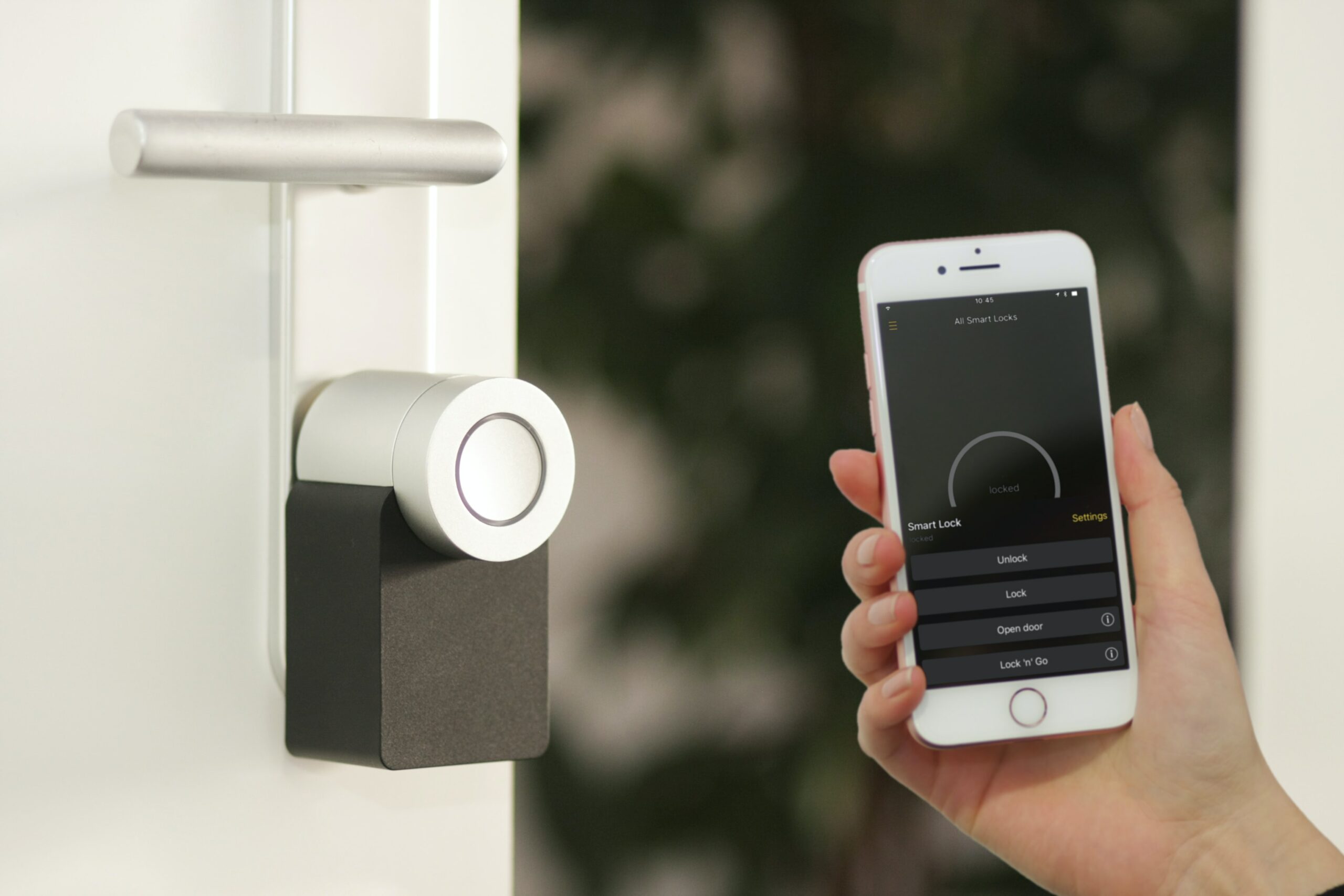technology
Tech minds get over Matter
A new technology standard for smart homes and connected devices came into its own during CES 2023, writes ARTHUR GOLDSTUCK.
A new smart-home standard, Matter came into its own during this month’s Consumer Electronics Show (CES) in Las Vegas. Samsung, GE, Amazon, and LG were among the brands unveiling devices and appliances supporting Matter, which allows interconnectivity across devices.
Google announced in mid-December that it would adopt the Matter standard, and it has begun rolling it out to all smartphones using its Android operating system. This means the likes of Samsung, Oppo, Xiaomi, Tecno and Honor will also have Matter support on their handsets.
The significance of Matter at CES was that, while the standard was first announced in 2019, it was only officially launched this past November. CES 2023 was its first formal public outing.
“As we become more connected and break down the walls between the digital and physical world, we need to work together to make those connections meaningful,” said Tobin Richardson, president and CEO of the Connectivity Standards Alliance, which oversees the standard, during the Matter media launch in Amsterdam in November. “With collaboration, inclusiveness, and a deep sense of responsibility to the market and consumers, Matter has the power to create a more connected, safe, and useful smart home.”
Participants in the Amsterdam launch included Amazon, Schneider Electric, Samsung Electronics, Apple, and TCL.
Marja Koopmans, director of smart home and health at Amazon. Said: “As services like Alexa continue driving rapid smart home adoption, Matter presents a new opportunity to further simplify development for device makers and add to the customer experience of smart home devices from a range of different companies and brands.
“We look forward to introducing this open standard to over 100-million Echo and eero devices to make it easier for customers to set up and control their Matter-certified smart home devices.”
Google is probably the most significant backer of Matter, given its presence across both the smartphone market and in smart home devices, such as the Google Home smart speaker and the Google Nest range of connected devices.
Karen Yao, director of product management at Google Home, in announcing the company’s support, said: “We’ve worked alongside 300 companies for nearly three years to help make it easier to connect smart home devices across hundreds of brands. With Matter, everything from smart lighting, thermostats, window shades and door locks will work better together with less time and effort.”
Yao said the next step for Google was improving multi-administrative support, and it was working with Samsung to make the process smoother. It would also add support for Apple’s iOS devices.
At CES, the most practical insight into the role that Matter will play was provided by Mexican consumer electronics brand Lloyd’s, which participated in a panel discussion on the commercialisation of the standard.
Alessandro Kon, Lloyd’s head of research and development, said that the company had more than 20 years of experience in the electronics and smart house market, and offered clients a wide range of solutions for their security, lighting, and energy.
“Matter is bringing more opportunities to the smart home market,” he said. “It allows customers to not have to think about compatibility when it comes to making a choice. They can focus on their demands as well as we can also just focus on developing products that cover our customers’ needs.”
New Matter devices launched at CES included a presence sensor, smart door lock and video doorbell from Aqara.The company also demonstrated a door/window contact sensor, and a motion and light sensor that will work with Matter.
Nanoleaf unveiled smart light switches, light bulbs and light strips, a motion sensor incorporating a night light, and a modular ceiling panel that can act as a router.
GE Lighting announced colour smart bulbs and indoor smart plugs, while TP-Link presented a range that included smart plugs, dimmer switches, Wi-Fi outlet extenders, and smart light bulbs.
According to online tech magazine The Verge, Matter controllers, which are required to manage smart home devices, are already included in 17 of Amazon’s Echo devices, and Apple’s HomePod Mini and Apple TV line, aside from Google’s Nest Hub smart displays and Nest speakers.
“Samsung was all in on Matter at CES, with nearly its entire booth dedicated to its SmartThings platform and a large section featuring the launch of its $60 SmartThings Station,” Verge reported.
Samsung also announced that it would be building Matter support into older connected fridges, TVs and monitors, while it would build a chip supporting both Matter and competing smart home protocols into new Samsung products in these categories.
Not to be outdone, LG, Hisense and Toshiba all revealed plans to include Matter support in new TVs this year.
Participants in the Matter roll-out voiced cautious optimism about its market acceptance and impact.
Rob Alexander, principal product manager of Silicon Labs, which provides a development platform for connected devices, told a CES panel discussion on the Matter ecosystem: “The market for smart, connected devices holds unprecedented opportunity, but challenges remain. Open standards, like Matter, can help everyone in the industry adopt the same protocols without expensive licensing.”
* Arthur Goldstuck is founder of World Wide Worx and editor-in-chief of Gadget.co.za. Follow him on Twitter on @art2gee

















